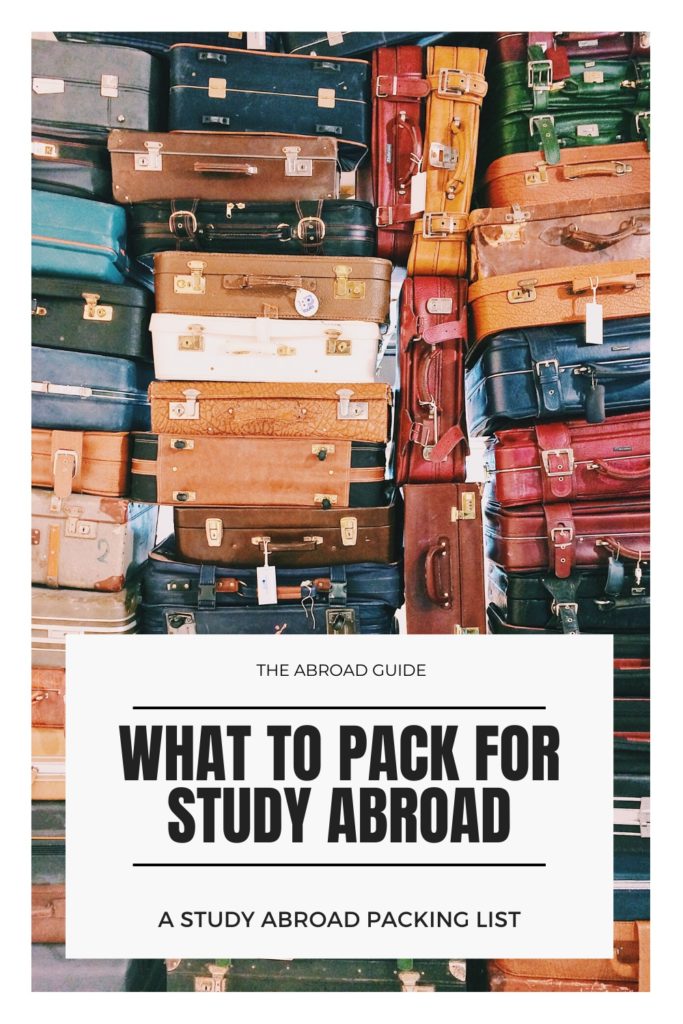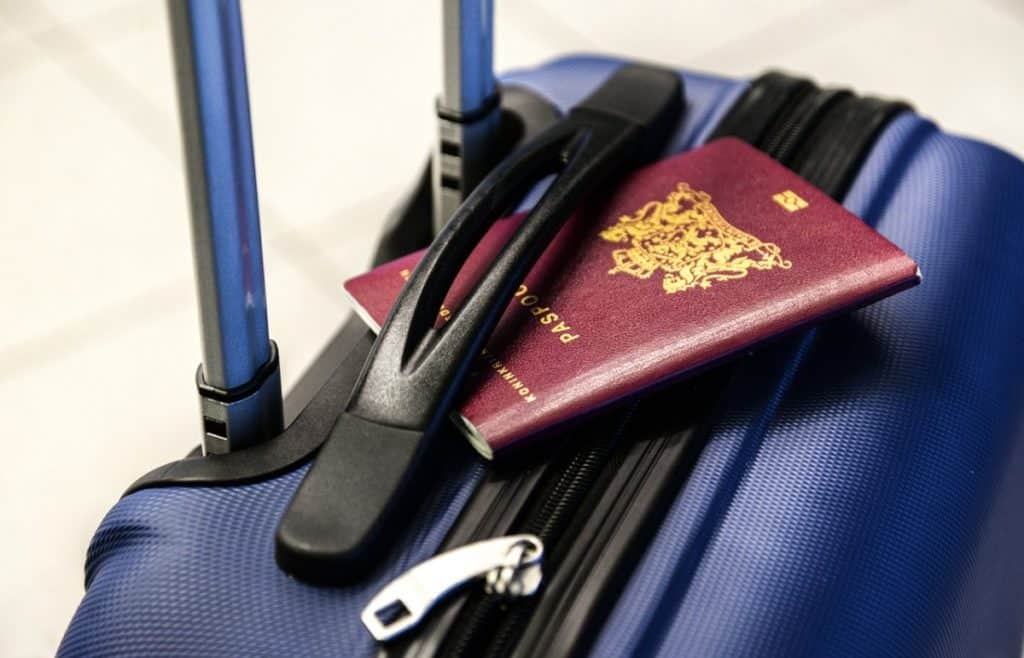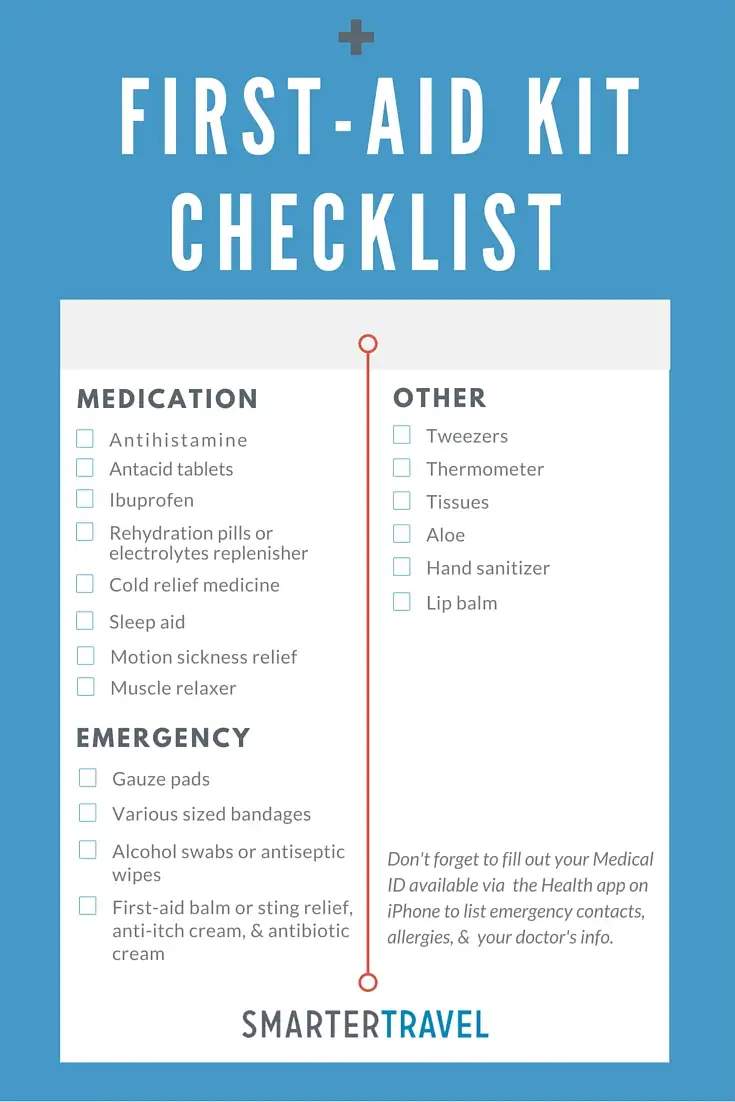Packing for a study abroad adventure can feel overwhelming, but it doesn’t have to be. With the right approach and a clear plan, students can ensure they have everything they need for their journey while avoiding the pitfalls of overpacking. Imagine standing in your room, surrounded by clothes and travel gear, questioning what to take and what to leave behind. This is a common scenario, but with a structured packing list, it becomes manageable.
Key Considerations for Packing
When preparing to pack, keep these essential tips in mind:
- Climate Awareness: Know the weather conditions of your destination to choose appropriate clothing.
- Cultural Norms: Research clothing styles that are respectful and accepted in the local culture.
- Luggage Limitations: Familiarize yourself with airline luggage restrictions to avoid unexpected fees.
By paying attention to these factors, travelers can simplify their packing process and set themselves up for a successful study abroad experience.

Research and Planning
Once students have their essentials in mind, the next step is effective research and careful planning. Understanding the specifics about the destination can significantly impact the packing process and ensure a smoother experience abroad.
Understanding Your Destination
Start by diving into the following aspects of your study destination:
- Climate: Check historical weather data to prepare for unexpected conditions. Rain in Ireland? Don’t forget a waterproof jacket and shoes!
- Cultural Norms: Research the local customs. What styles are acceptable? This will help avoid cultural faux pas and ensure respectful dressing.
- Local Facilities: Investigate the availability of laundry services. If laundry isn’t easily accessible, plan to pack more clothing.
Prioritizing thorough research allows students to create a well-informed packing list, reducing anxiety and enhancing their study abroad experience.[3][4]

Packing Essentials
As students prepare for their study abroad adventure, having a solid list of packing essentials is crucial. This section highlights two of the most important categories: clothing and shoes, as well as travel documents.
Clothing and Shoes
When it comes to clothing and shoes, packing wisely can ensure students are comfortable and stylish throughout their journey. Here’s a quick checklist to consider:
- Versatile Tops and Bottoms: Pack a mix of shirts and pants in neutral colors for easy mixing and matching.
- Weather-appropriate Outerwear: Include a lightweight jacket for colder climates and a raincoat for unexpected weather.
- Comfortable Footwear: Bring walking shoes for daily exploration and a pair of dressier shoes for occasions that call for more formal attire.
Travel Documents
Equally important is ensuring all travel documents are in order. A well-prepared student should carry:
- Passport & Visa: Original documents and photocopies stored safely.
- Important School Papers: Housing contracts, enrollment confirmations, and travel insurance information.
- Emergency Contacts: A list of essential phone numbers, including those of banks and local authorities.
By organizing these essentials, students can travel with peace of mind, knowing they’re prepared for any situation.

Maximizing Luggage Space
When preparing to study abroad, maximizing luggage space becomes crucial to avoid overstuffed bags and the hassle of excess baggage fees. Employing smart packing techniques ensures that students can fit everything they need without compromising on essentials.
Roll Your Clothes
One of the simplest yet most effective packing hacks is rolling clothes instead of folding them. This not only saves space but also helps prevent wrinkles! Here’s the best way to roll:
- T-shirts and Casual Tops: Fold them in half lengthwise and roll from the bottom up.
- Pants: Fold in half and roll tightly.
- Delicate Fabrics: Roll them inside tissue paper to maintain their shape and avoid creases.
Rolling can significantly increase the amount of clothing you can fit in your suitcase.
Use Packing Cubes
Packing cubes are true lifesavers for organization. They help compartmentalize items, making it easy to find what you need without rummaging through your luggage. Here’s how to use them effectively:
- Categorize Your Packing: Use separate cubes for tops, bottoms, and underwear.
- Compression: Many packing cubes compress your clothing, further optimizing space.
- Easy Access: Label your cubes or choose different colors for quick identification.
By implementing these strategies, students will be equipped to pack smarter, making room for all the essentials and even a few souvenirs!

Packing Medications and First Aid
As students finalize their packing lists, paying attention to medications and first aid kits is essential for a worry-free study abroad experience. Being prepared for minor health issues can make all the difference when away from home.
Essential First Aid Kit
Creating a basic first aid kit tailored to individual needs can help address any unexpected health concerns. Here are some must-have items:
- Bandages: Various sizes for cuts and scrapes.
- Antiseptic wipes: To clean wounds effectively.
- Pain relievers: Such as ibuprofen or acetaminophen.
- Tweezers and scissors: For removing splinters or cutting tape.
Packing these items in a sturdy, compact pouch ensures they’re easily accessible during travels.
Medication Preparations
It’s vital to pack any prescription medications in their original containers, along with a copy of the prescription. Consider bringing over-the-counter medications for common issues, like:
- Allergies: Antihistamines.
- Cold symptoms: Decongestants.
- Stomach issues: Anti-diarrheals or antacids.
Having these essentials in place allows students to focus on their studies and adventures without the stress of minor health obstacles.
Electronics and Adaptors
As students prepare to embark on their study abroad journey, packing the right electronics and adaptors is essential for staying connected and productive. Properly organized technology can simplify daily life in a new country.
Must-Have Electronics
Here’s a checklist of essential electronics students should consider bringing along:
- Laptop with Charger: Critical for coursework, research, and staying in touch.
- Smartphone with Charger: For communication, navigation, and entertainment.
- Power Bank: Keeps devices charged while on the go.
- Flash Drive or Cloud Storage Access: For easy file transfers and backups.
- Camera: To capture memories, along with extra memory cards.
Power Adaptors
Depending on the destination, different countries have varying power outlet types and voltages. It’s wise to pack:
- Universal Power Adapters: One or two can ensure compatibility with various outlets.
- Voltage Converters: Necessary for appliances that cannot handle different voltages.
Having these essentials prepared will allow students to focus on their studies and adventures, rather than worrying about technology issues!
Toiletries and Hygiene Products
As students finalize their packing lists, they must not overlook the significance of toiletries and hygiene products. Packing the right essentials can make a substantial difference in comfort and confidence while living abroad.
Essential Toiletries to Pack
Creating a compact yet comprehensive toiletry kit can simplify daily routines in a new environment. Here are the must-have items:
- Shampoo and Conditioner: Opt for travel-sized bottles or consider solid shampoo bars for space-saving.
- Body Wash or Soap: Bring your preferred brand to feel at home.
- Toothbrush and Toothpaste: Don’t forget floss for added dental care.
- Deodorant: Essential for everyday freshness.
- Hair Brush or Comb: Keep your hair neat and manageable.
Packing these items in a clear, resealable bag can streamline the airport security process and keep hygiene essentials organized, ensuring a smooth transition to life abroad.
